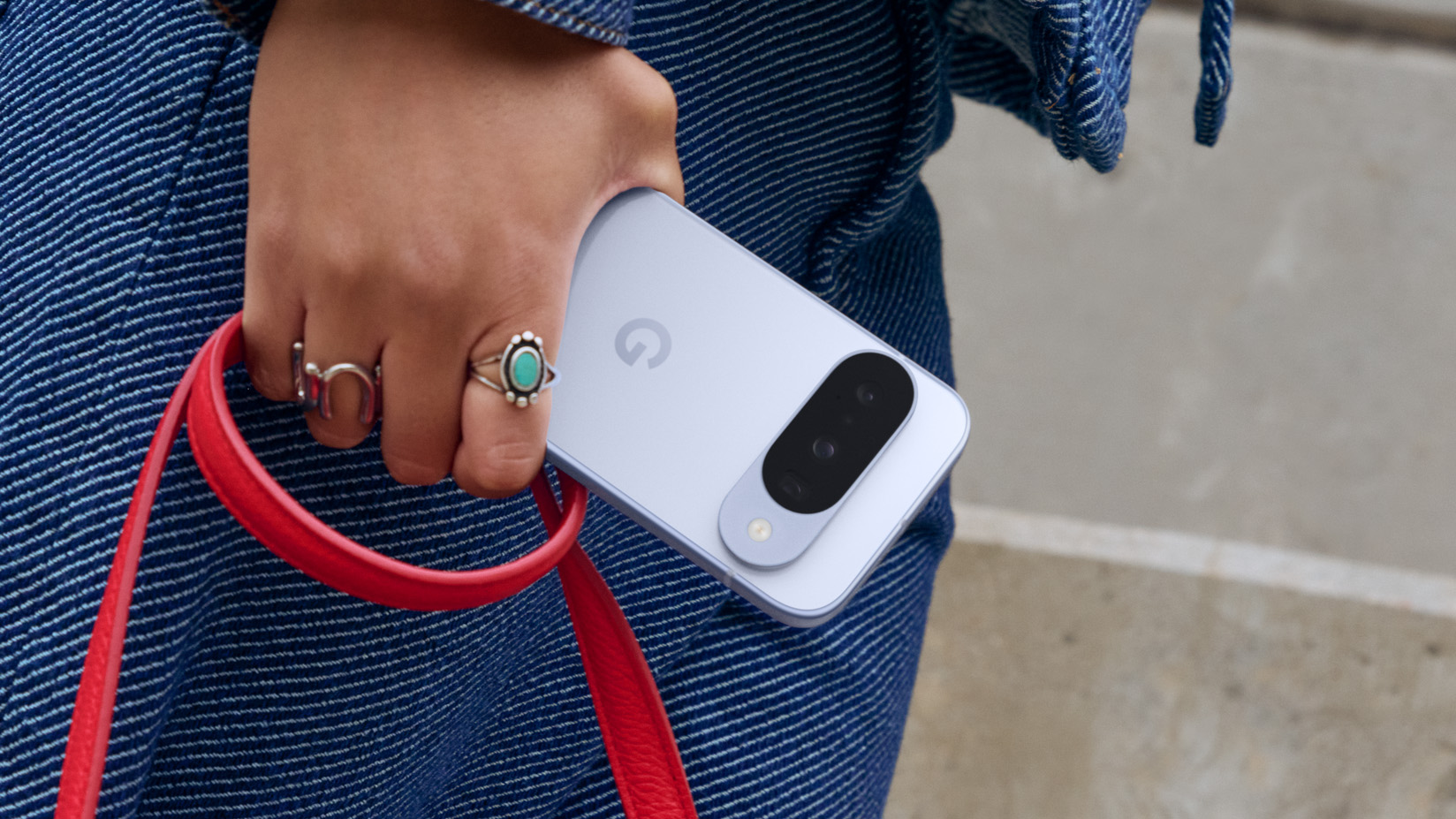Google Pixels are great phones — so why aren't more people buying them?
Can Google ever crash the Apple-Samsung smartphone party?
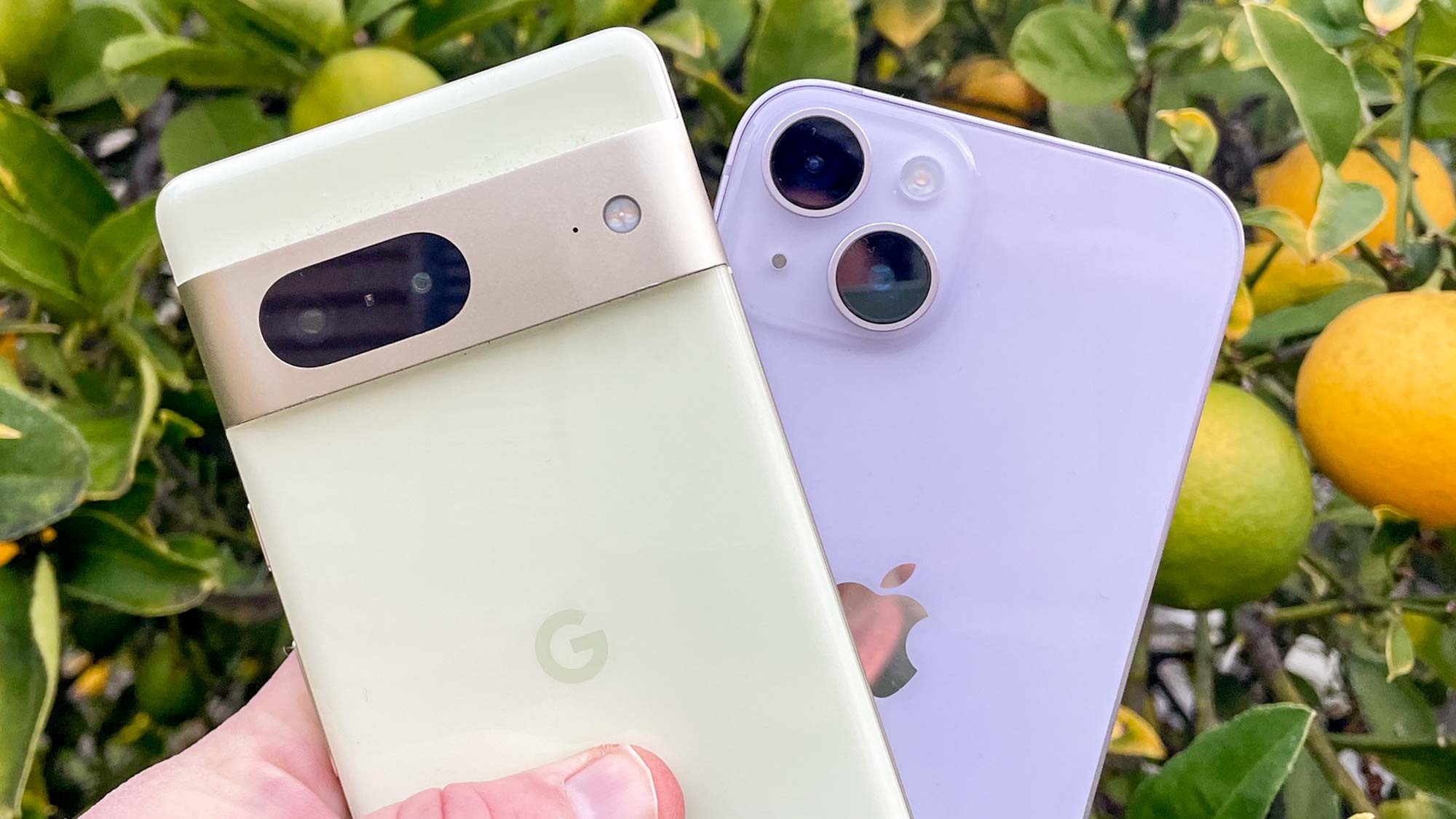
If you were to draw up a list of the best phones to come out in the past year, Google's Pixel phones would rankly very highly. But write down a list of the top-selling phones, and Google's handsets would be hard to find.
It's a dilemma that's faced Google ever since the original Pixel phone debuted in 2016, but the question has only become more pointed as each subsequent handset brought further refinements to the lineup: Google makes great phones with the Pixels — why aren't more people using them?
"Google has invested heavily to build the Pixel brand, but in comparison to Apple and Samsung it still has a mountain to climb," agreed Ben Wood, chief analyst and chief marketing officer at CCS Insight. "The brand has resonated well with technology enthusiasts, but getting broader adoption is challenging."
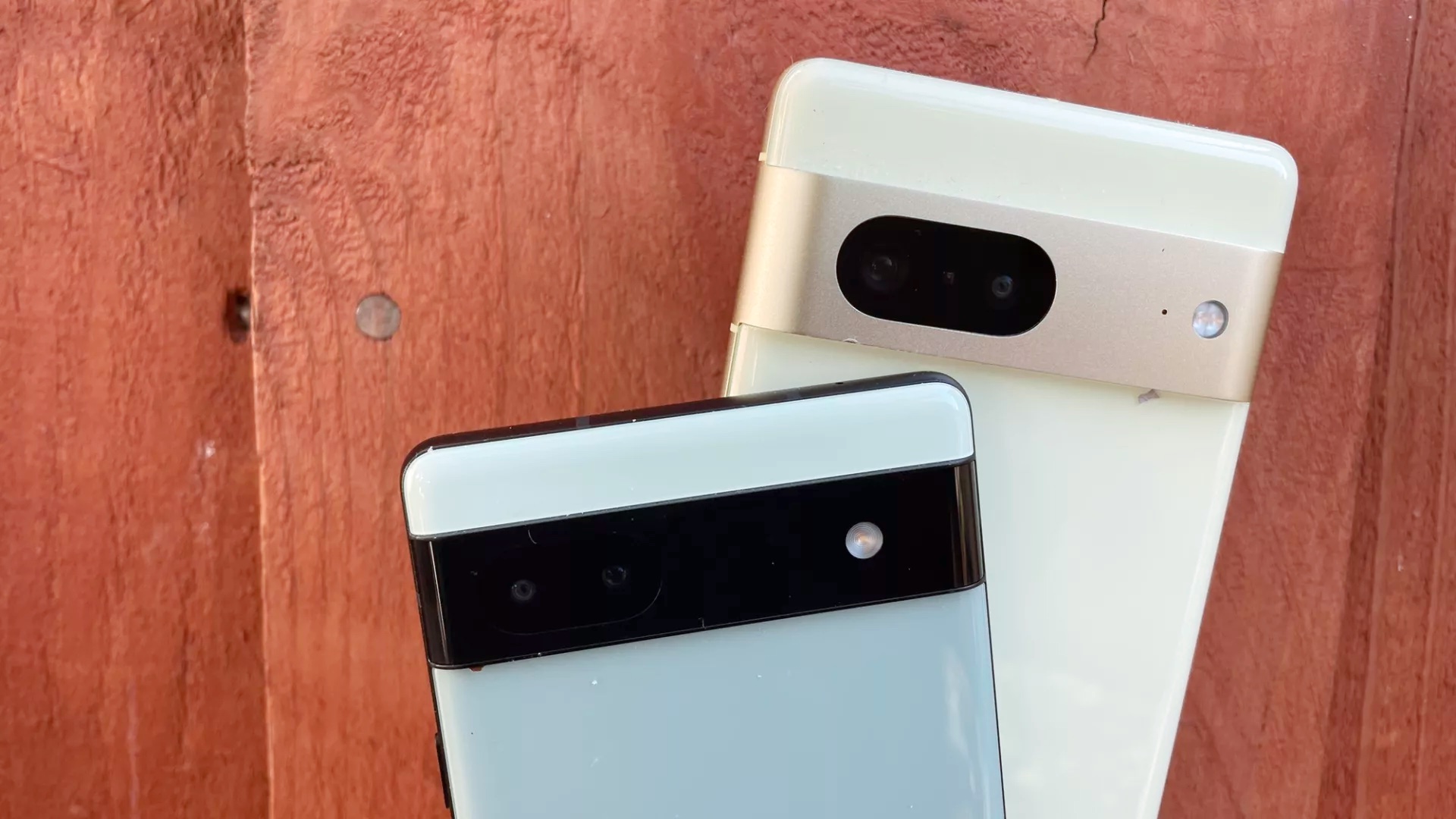
This year's Pixel releases have really highlighted the gap between what Google's phones deliver and how that translates (or fails to) to smartphone sales. The Pixel 7 and Pixel 7 Pro have received extremely favorable reviews, with their cameras gaining the usual enthusiastic praise. For me, though, the phone of the year was the Google Pixel 6a, a midrange offering that delivered one of the best camera phones for the money while also using its Tensor chipset to power experiences unique to Google's phones.
Those particular models are selling better than previous Pixels, but Google's share of the smartphone market is still just a ripple when compared to the likes of Apple and Samsung. Market research firm Canalys puts Google fifth in U.S. phone market share, with just a 1.7% sliver of the market for the the third quarter of 2022.
"Pixel is still a rounding error in the overall market," said Avi Greengart, lead analyst at Techsponential.
Here's a closer look at why the Pixel should be making a bigger splash in the smartphone world than it does now and whether that trend can change for Google in a market dominated by the iPhone and various Galaxy flagships.
Get instant access to breaking news, the hottest reviews, great deals and helpful tips.
What Google got right with the Pixel in 2022
In six years of Pixel releases, Google has built a reputation for equipping its phones with a superior camera experience, with computational photography augmenting and improving upon what the phone's lenses capture.
After upgrading the main camera on its flagship phones to a 50MP shooter with 2021's Pixel 6 releases, Google made only modest changes to the camera setup with the Pixel 7. The front camera on its latest phones saw an upgrade to a 10.8MP sensor with a wider field of view. Even with the minimal hardware improvements, both Pixel 7 models could still go toe-to-toe with any top camera phone — see our iPhone 14 Pro Max vs. Google Pixel 7 Pro camera shootout for a look at just how evenly matched these two devices are when it comes to mobile photography.
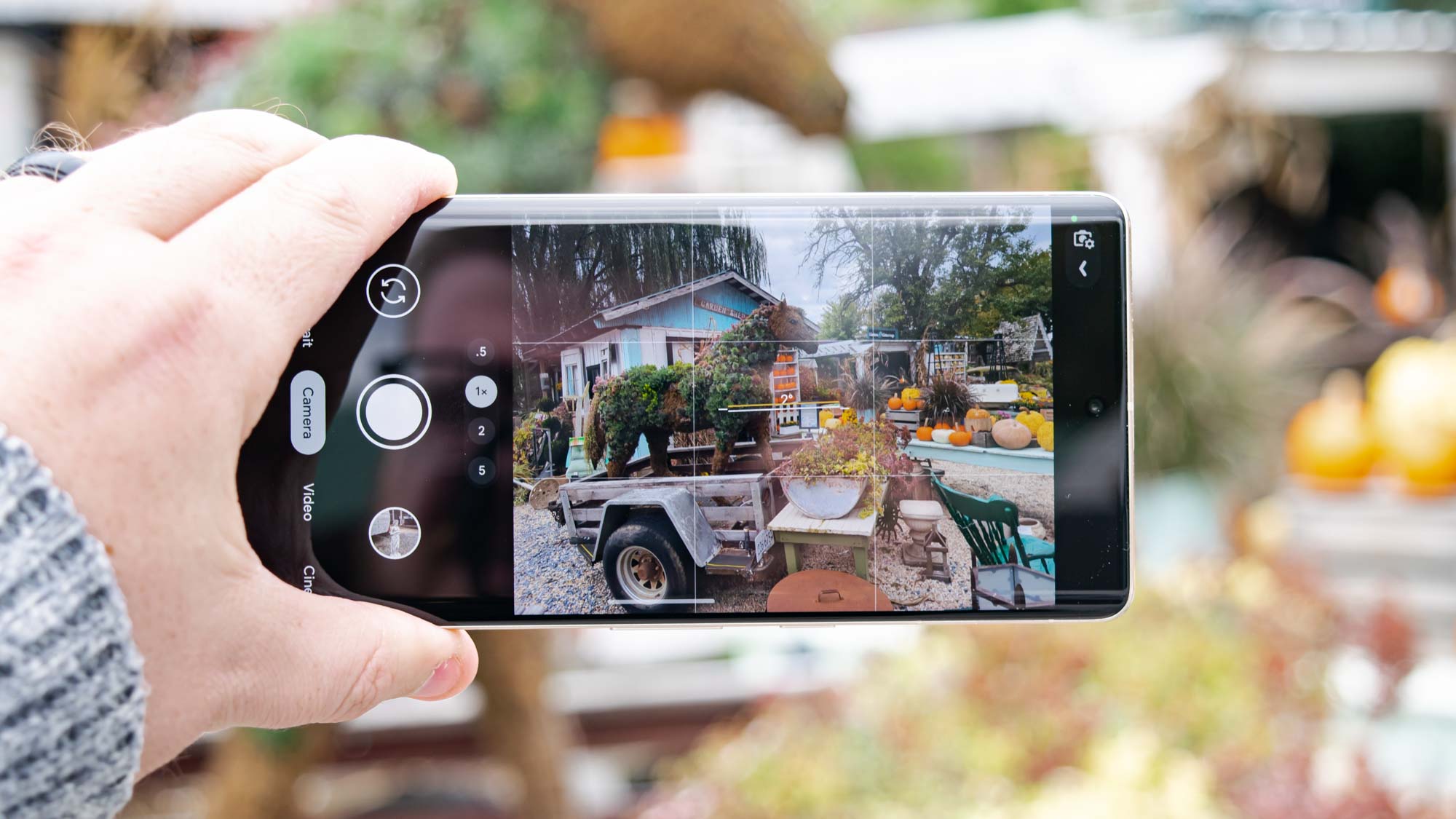
Hardware is only a small part of the story when it comes to the Pixel's camera prowess. Google's phones also benefit from the company's expertise with computational photography, as we've seen with a number of photo-processing and editing features rolled out to the Pixels.
We're thinking of the Magic Eraser tool introduced with the Pixel 6 and enhanced for the Pixel 6a to not only remove unwanted objects and people from photos but to also make them less prominent. The Pixel 7's Photo Unblur tool can sharpen up the faces in photos — even ones shot by entirely different phones. And I've been impresed with how the upgraded SuperRes Zoom feature on the Pixel 7 lets me zoom in for clear shots without a lot of artifiacts even though Google's standard phone has no dedicated telephoto lens.

Some of these photographic features benefit from the Google-built Tensor processor that's been powering Pixel phones since the Pixel 6 last year. (As Apple does with the iPhone SE, Google even includes its own silicon in its budget phone, so the Pixel 6a uses the same Tensor chipset introduced in the Pixel 6.) The newer Tensor G2 silicon inside the Pixel 7 models introduces even more unique features, including call management and improved transcription and translation.
As impressive an addition as the Tensor chipset has been to Google's phone lineup, it's not the sort of thing that resonates with a larger audience. "We see little evidence consumers care that much about the chipset in their devices," Wood said. "Design, battery life, camera capabilities and other anchor features typically drive consumer purchasing decisions for smartphones."
Still, Wood added, Tensor gives the Pixel an edge over other Android devices "as it allows [the Pixel] to have much deeper integration between hardware and software."
It's an assessment that Greengart shares. "Your average consumer doesn’t pay too much attention to silicon specifics, but the fact that Google is designing its own processors — and calling out that it dedicates more attention to AI — is a differentiator," he said.
Google's market share — small, but growing
[Google has] had challenges, and it remains to some degree, but they're trying to improve upon them.
— Nabila Popal, IDC
Even that differentiating factor hasn't been enough to elevate the Pixel's profile among smartphone buyers. In terms of global market share, to call the Pixel's sales a drop in the bucket would be to seriously over-estimate the size of drops.
Market-research firm IDC puts the Pixel's share of the global smartphone market at 0.8% for the third quarter of 2022. Focus in on the U.S. market — the biggest source of Pixel sales for Google — and that figure jumps to a still small 5%. That's well behind Apple (47.2%) and Samsung (25%), which account for more than 70% of the smartphones sold in the U.S. by IDC's calculations.
As stark as those numbers may be, they're actually on the rise. The 2.3 million phones Google shipped in the third quarter was the biggest tally ever for that three-month period, IDC said. (And that number doesn't take into account any Pixel 7 sales, since those phones launched in October.) That's 334% growth year over year for Google's global market share.
"[Google has] had challenges, and it remains to some degree, but they're trying to improve upon them," said Nabila Popal, research director with IDC.
What needs to change for future Pixels?
Put another way, the Pixel's struggles to gain much of a foothold in the market come down to brand awareness. Google may be widely recognized for its search engine, Popal pointed out, but phones are another matter altogether.
"Despite rave reviews, Google’s biggest challenge in gaining share, globally and in the US, has been weaker marketing and presence with carriers, areas that are currently dominated by Apple and Samsung," Popal added "Pixel is not yet a household brand like Samsung or Apple."
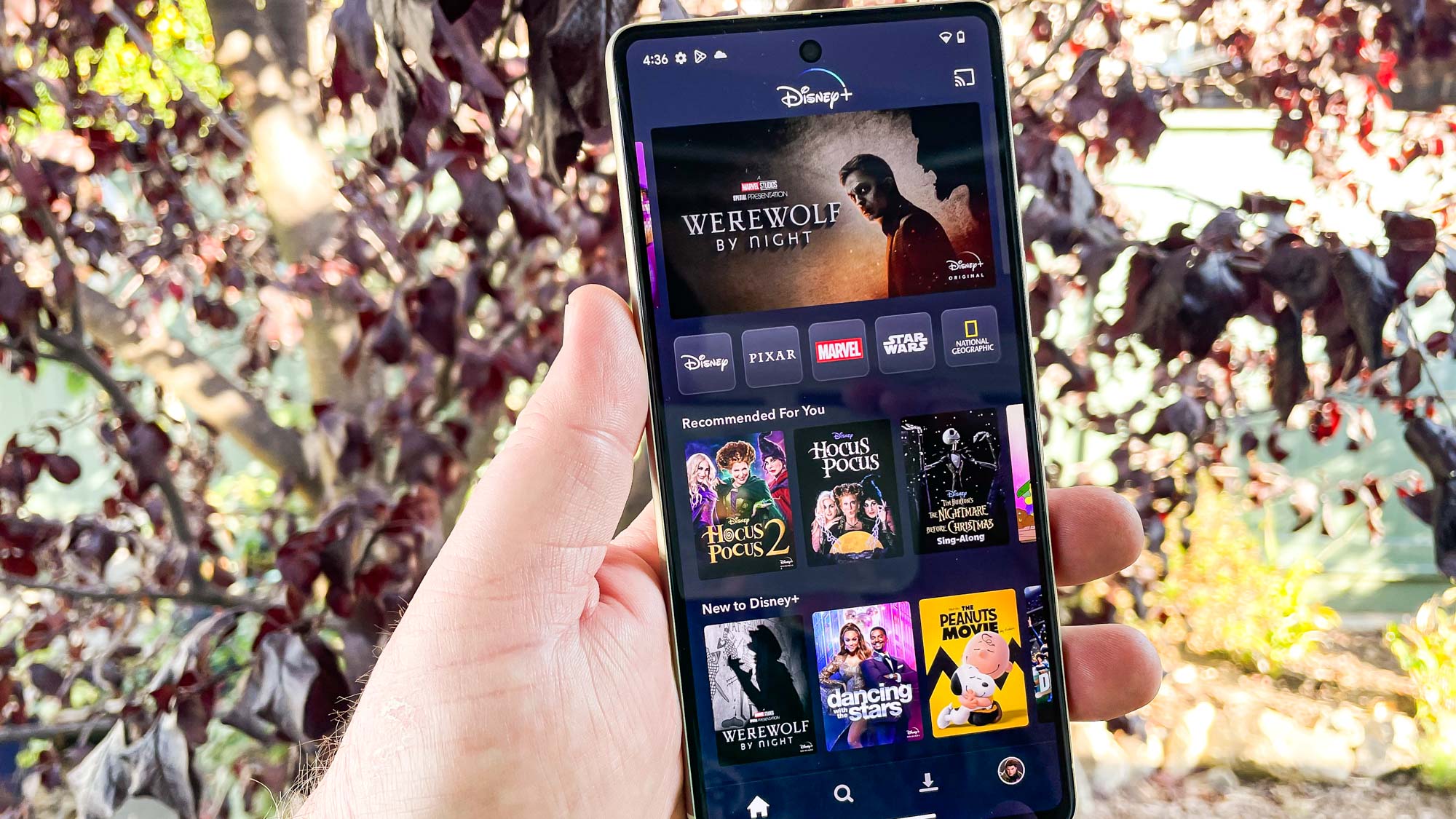
Google may be trying to change that, analysts say. The Pixel 7 has benefitted from Google's biggest marketing push to date, CCS Insight's Wood said, as the tech giant looks to grow the Pixel's audience beyond the kind of tech enthusiasts who've been responsible for most Pixel device sale.
Wood added that past Pixel releases have been hit by supply constraints, particularly outside the US, along with negative publicity around technical issues with past Pixel versions. "The good news is that the Pixel 7 phones appear to have overcome some of these issues, and this will definitely improve Google’s reputation with key sales channels and consumers," Wood said.
"Google has been putting money behind television advertising and its influencer program," Greengart agreed. "But it still needs to do more at retail."
You may remember that the original Pixel was either sold unlocked or exclusively through Verizon. That put Google at a disadvantage relative to other phones, since most U.S. shoppers get their handset directly from a wireless carrier. With subsequent releases Google has added more carrier support — you can now buy the Pixel 7 from any of the three major wireless providers — but Google still finds itself playing catch-up with other phone makers on that front.
Like Microsoft, we suspect that Google is keen to 'show the art of the possible' via Pixel devices in order to provide a reference point for other Android phone makers.
— Ben Wood, CCS Insigh
Of course, there's a question as to just how much Google wants to catch up with other Android devices. "Competing with your own channels is always a huge risk," Wood said. "It is the same dilemma Microsoft has faced with its Surface products. Like Microsoft, we suspect that Google is keen to 'show the art of the possible' via Pixel devices in order to provide a reference point for other Android phone makers."
Greengart puts it another way: "Google would love to take share away from Apple, but it does not want to destabilize Android by hurting Samsung, its largest licensee."
What's next for Pixel
If that's the case, expect Google to continue to look for ways to keep the Pixel among the top camera phones, as that's an area where the Pixel can provide a rather compelling alternative to the iPhone. Tensor-powered AI features also give Google a way to stand out from the smartphone crowd, perhaps earning a second look from iPhone owners who remain unimpressed with the Siri assistant.
We won't have to wait long for Google's next move. The Pixel 7a is likely to make an appearance toward the middle of 2023, with the latest midrange model likely to adopt the Tensor G2 chipset introduced in the Pixel 7. Beyond that, next fall should see the release of another round of Pixel flagships, with the likely focus on yet another new Tensor chipset plus more camera improvements.
It may not be enough to vault Google past others in the smartphone market. But it could help the Pixel continue to gain a wider audience.
Next: This is big. Apple is reportedly opening up the iPhone to outside app stores.
Philip Michaels is a Managing Editor at Tom's Guide. He's been covering personal technology since 1999 and was in the building when Steve Jobs showed off the iPhone for the first time. He's been evaluating smartphones since that first iPhone debuted in 2007, and he's been following phone carriers and smartphone plans since 2015. He has strong opinions about Apple, the Oakland Athletics, old movies and proper butchery techniques. Follow him at @PhilipMichaels.
 Club Benefits
Club Benefits






